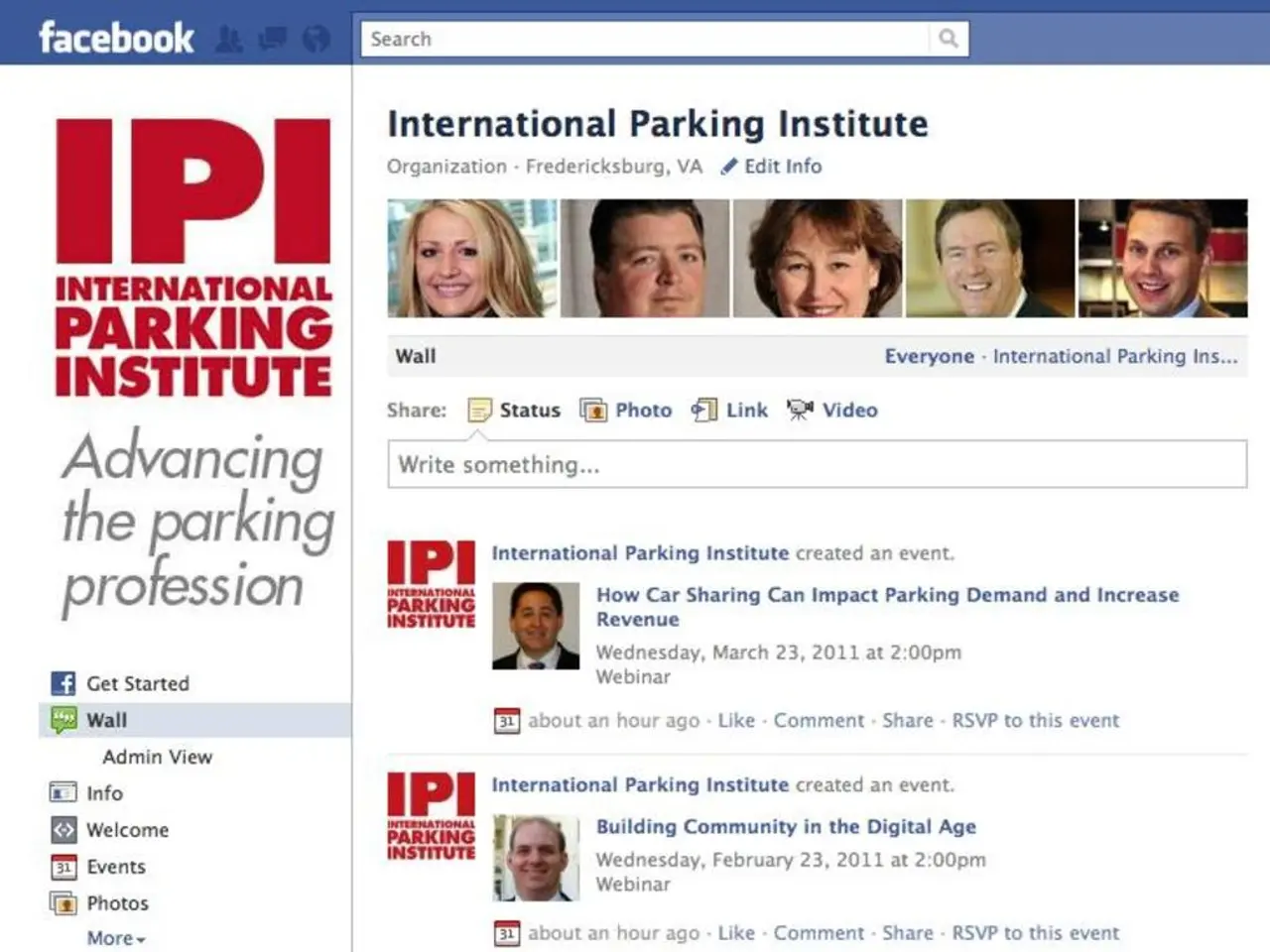Navigating the labyrinth of messaging regulations in businesses
In today's digital age, communication methods have evolved significantly, and this evolution has a profound impact on litigation and regulatory investigations. E-mails, texts, social media posts, and similar forms of communication are often the most revealing and reliable evidence in such cases.
Recently, a UK judge expressed disapproval towards a large corporation's inefficient information management system, stating that failure to disclose critical information is surprising and should be deplored. The failure to include new technologies in a thorough and regularly updated data map can have far-reaching implications, as demonstrated by this case.
The use of mobile and social media in today's work environment has led to an annual increase of 40% in corporate data volumes. Enterprise social networking sites such as Jive, SharePoint, and Yammer are contributing to this growth. However, the rise of social networking in the workplace is a significant concern for IT and eDisclosure professionals, suggesting that companies are yet to fully understand and address this challenge.
Companies need to manage the retention times and deletion of content held on professional networking sites, workplace communications platforms, and other technologies. Mapping the data landscape cannot be a one-off exercise, as it requires continual monitoring and updating. It's important for companies to continuously investigate new sources of electronically stored information (ESI) as communication practices evolve.
The growing popularity of enterprise social networks underscores the importance of a continual data management strategy. Neglecting this process can be costly, both financially and in terms of reputation. In a US case, a company was penalized for negligence in producing emails and email attachments, and was also found to be acting contrary to its legal obligation, resulting in a $1.5 billion damages award.
Leading businesses are recognizing the benefit of partnering with experts to adopt a proactive, continual approach to information governance. Companies like HiSolutions AG, CANCOM, and P&I Personal & Informatik AG have engaged in partnerships or offer expertise for active and continuous information management and information governance, particularly related to handling data from enterprise social networks in the context of IT security, digital transformation, and integrated personnel software solutions.
The definition of 'document' in the Civil Procedure Rules continues to expand as modern means of communication evolve. In litigation or regulatory investigations, companies must search all data sources, including enterprise social networking sites, for potentially relevant documents and data. Forward planning and process-driven eDisclosure expertise are essential for an effective response in such situations.
Sources for this information include Martin Bonney, senior director of International Consulting Services, and Deborah Blaxell from Epiq Systems. Companies can face serious consequences, including financial penalties and negative publicity, if they do not maintain an accurate and up-to-date data map that includes all admissible data, such as communication records from workplace social media like Yammer and Chatter.
In conclusion, the digital landscape is constantly shifting, and companies must adapt their data management strategies to keep pace. By partnering with experts and adopting a proactive, continuous approach to information governance, businesses can ensure they are well-equipped to navigate the complexities of modern communication and avoid the financial and reputational risks associated with inadequate data management.
Read also:
- Solar energy company, Imperium, alongside QORAY Mobility & Energies Solar Business, bolsters Nigeria's environmental future by producing superior solar panels domestically and offering flexible payment options.
- AI Inspection Company, Zeitview, Secures $60 Million Funding for Expansion
- Future of Payments: If the U.S. regulates stablecoins through the GENIUS Act, according to Matt Hougan
- Ongoing trade friction as the American administration levies fresh import taxes on goods arriving from China







